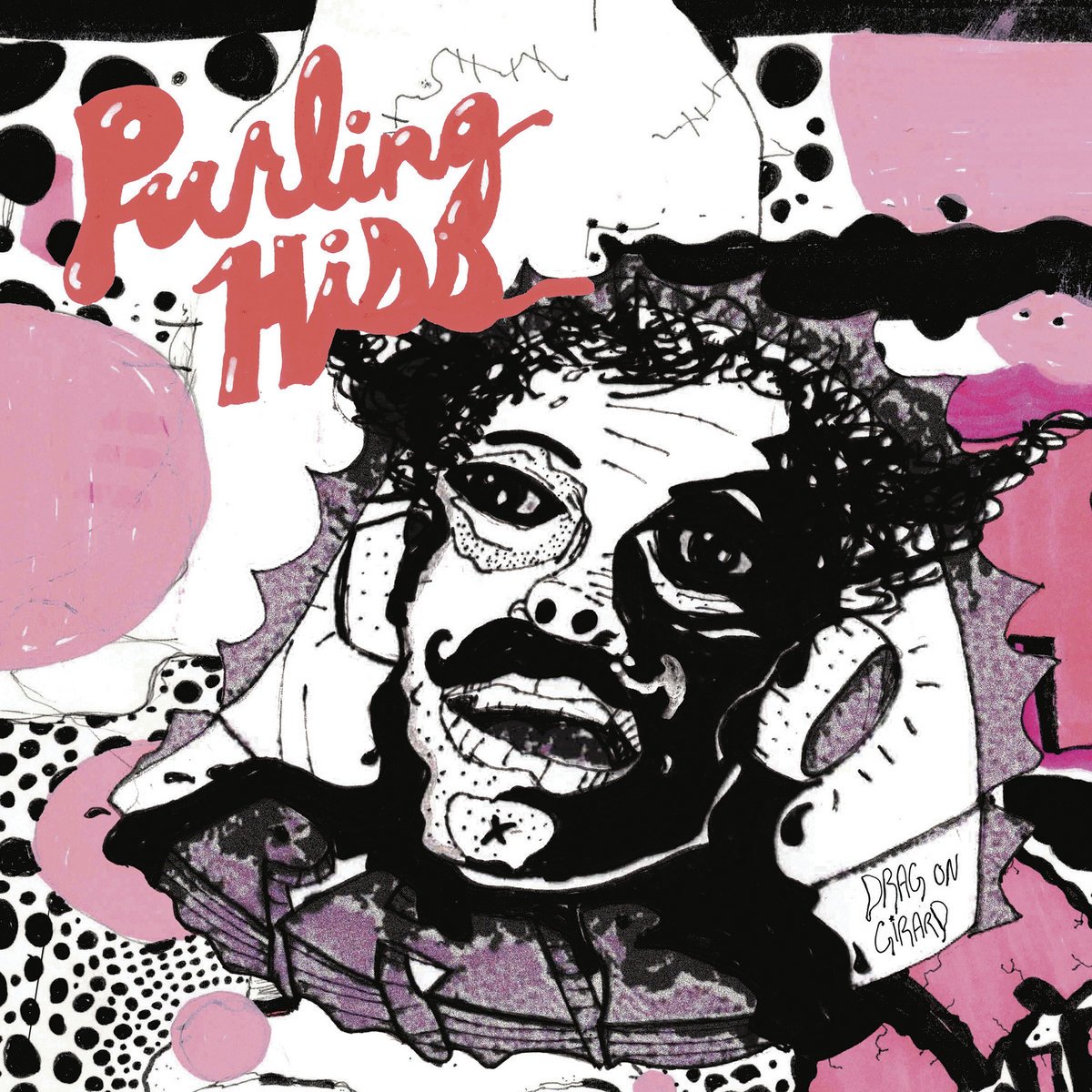1) Lonnie Holley, “Oh Me Oh My” / Along with Moor Mother, Holley—who Pitchfork has called a “cosmic bluesman”—sang “I am a part of the wonder” in my ears on a day when six people, including three children my son’s age, were shot dead in Nashville. With tears forming in the corners of my eyes, I absorbed that gentle proclamation. I needed the reminder that we are part of each other, and that what we naturally are is wonderful.
The rest of this record is part of the wonder Holley just keeps creating, a gloriously atmospheric and soulful document created in collaboration with the likes of Michael Stipe, Bon Iver, Jeff Parker and more. It’s an album of great affirmation for any and every day we need it.
2) The Natural Lines, self-titled / For reasons I can neither identify nor justify, I never really gravitated to the music of Matt Pond PA. I’ll need to rectify that now, having heard Pond, frequent collaborator Chris Hansen and their bandmates create such gorgeous, self-assured indie rock as The Natural Lines. Their debut under this handle is practically flawless, marked by a momentum and by melodies that feel innate.
3) Purling Hiss, “Drag On Girard” / The latest from these Philly stalwarts is a delightfully gritty garage-rock record that’s a perfect soundtrack for opening all the doors and windows and letting spring blow through your soul.
4) Matthew Desmond, “Poverty, By America” / The Pulitzer Prize-winning sociologist avoids yet another ethnography of the poor (though he tells illuminating stories born of proximity and kinship), preferring to excavate its causes. Desmond’s latest revolves around one elusive question: How has our society made so much progress technologically, scientifically, culturally, yet moved so little toward ending poverty?
Analytical and often spiritual, Desmond seeks to create new poverty abolitionists by sifting the “fine print of civilization” for workable solutions; engendering goodwill; centering American workers; and promoting true anti-racism. “Poverty, By America” is aspirational in some sense, but truly reads like a litany of the possible and—in its negative spaces—asks what possibilities we are willing to embrace.
5) Theresa Runstedtler, “Black Ball” / As a child born into the NBA’s 1980s glory days, Runstedtler’s history of the league’s ‘70s tumult was enlightening, unsettling and ultimately inspiring. Subtitled “Kareem Abdul-Jabbar, Spencer Haywood, and the Generation that Saved the Soul of the NBA,” the book deftly blends personal narratives, social trends and unfolding courtroom drama to center the figures who rightly upset the balance of labor and racial power in the Association. A must for every basketball fanatic.



